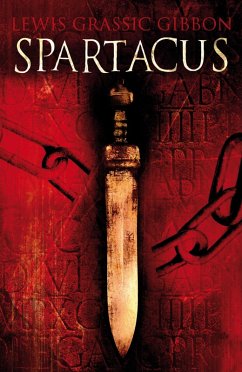The uprising of the slaves against the Romans in 73 BC, led by the gladiator Spartacus, has been an inspiration to generations of people who have stood up against oppression. By the time he was captured by Marcus Licinius Crassus in 71 BC and executed by crucifixion, his army of around 90 000 slaves and dispossessed had defeated several Roman armies and devastated much of the southern part of the Italian peninsula. For Karl Marx, Spartacus was 'the most splendid fellow that all ancient history has to show; great general, noble character, real representative of the ancient proletariat'. For Grassic Gibbon, a lifelong Marxist International and successful historian of early civilisations, Spartacus allowed him to focus on his fiercely held beliefs in the nature of society, the freedom of the individual, and the inevitable collapse of 'civilisation'.
Dieser Download kann aus rechtlichen Gründen nur mit Rechnungsadresse in A, B, BG, CY, CZ, D, DK, EW, E, FIN, F, GR, H, IRL, I, LT, L, LR, M, NL, PL, P, R, S, SLO, SK ausgeliefert werden.









